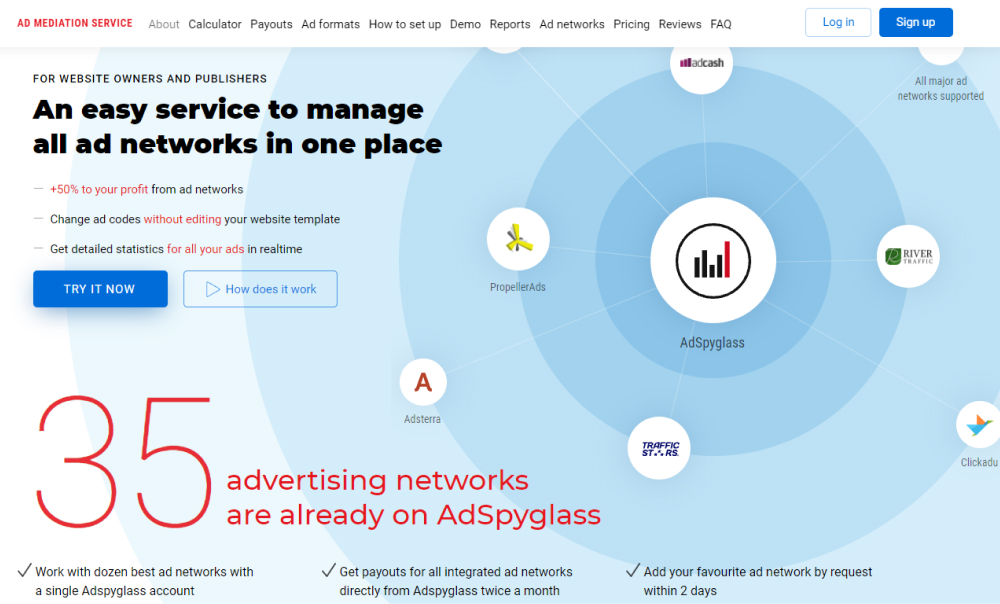Reciprocal links are also known as “exchanged” or “traded” links. Basically, two websites agree on linking to each other. It is made as a part of the link building in order to boost SEO and make themselves known as authoritative resources.
However, reciprocal links may be both a blessing and a curse to a website’s SEO. In order to make the most out of it, webmasters should:
Choose High-Quality Websites for Reciprocal Links
If you choose to get your links posted on shady websites, do not expect search engines to see you as an authority. Quite on the contrary, they may mark your content as spammy when you appear on too many low-quality pages.
Choose Relevant Websites
It will not benefit anyone if you post links to unrelated websites. Search engines that are overall disapproving of link building will rather decrease your positions in searches if you link to unrelated websites.
Focus On Diversity
It is better to work with more websites than get dozens of backlinks from one website. It may be marked as link building by search engines.
Content Is a King
The quality of content on your website matters more than all SEO practices. Write for humans, not search engines and you will eventually get noticed by both. Link to relevant sources and you may even get a link from them. However, do not create content around reciprocal links specifically.
